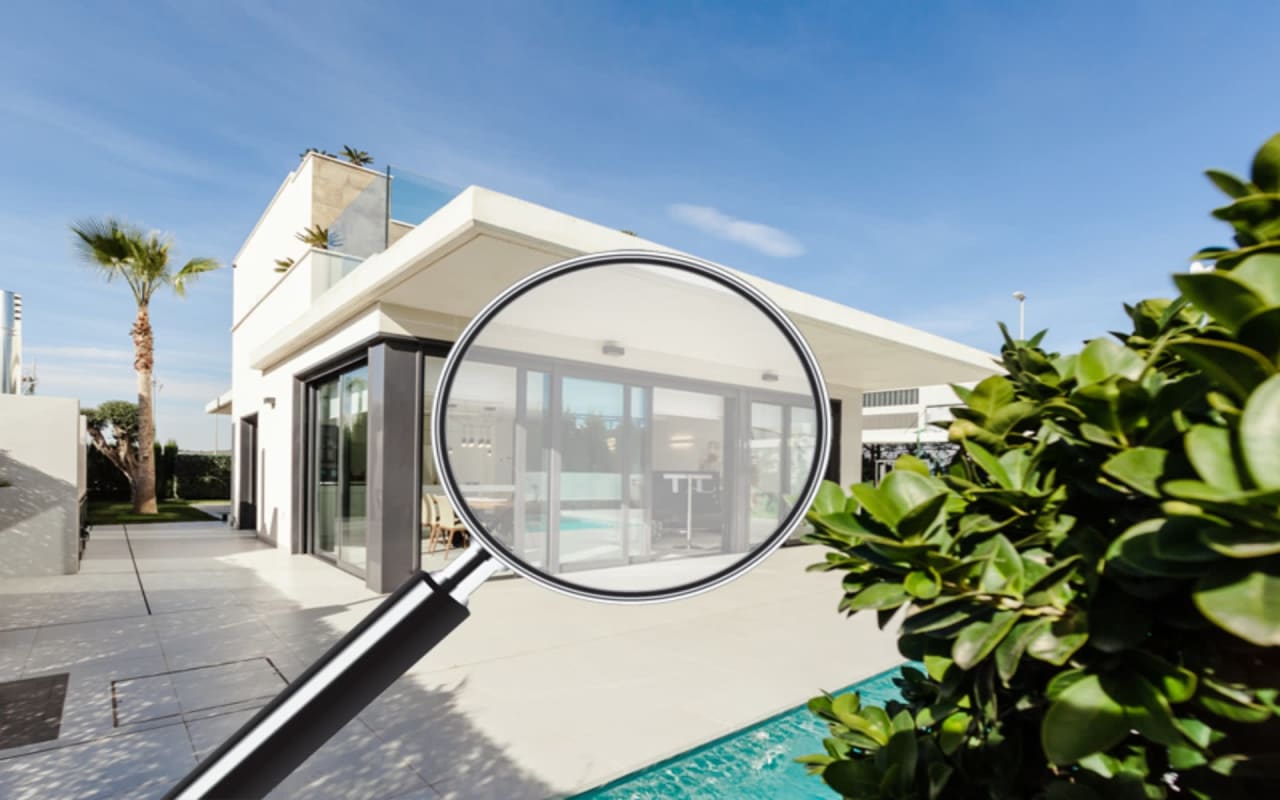AN INSPECTION IS AN IMPORTANT PART OF BUYING A HOME, BUT PICKING THE WRONG INSPECTOR CAN BE COSTLY, ESPECIALLY IF THEY LACK ADEQUATE TRAINING AND EXPERIENCE TO LOCATE CERTAIN PROBLEMS. YET THERE ARE STEPS YOU CAN TAKE TO FIND A QUALIFIED HOME INSPECTOR WHO WILL DO GOOD WORK. HERE ARE OUR TOP 5 TIPS TO FIND THE BEST HOME INSPECTOR.
TIP 1 – ASK YOUR AGENT FOR RECOMMENDATIONS
One of the best resources for picking a Home Inspector is your Real Estate Agent. If your Agent is experienced and has been in the industry for quite a length of time, they should have encountered quite a few home inspectors. Your Agent will most likely have a short list of Inspectors they’ve worked with in the past to recommend the best ones to you.
TIP 2 – CHECK QUALIFICATIONS
Whilst Hawaii has yet to adopt any formal requirements for local Home Inspectors, its wise to choose an Inspector who has a top certification from at least one of the major professional associations. Ask how long they’ve been in business, how many inspections they have done, what specialized courses they have taken and if the Inspector is a member of:
- ASHI – American Society of Home Inspectors;
- NAHI – National Association of Home Inspectors;
- InterNACHI – International Association of Certified Home Inspectors;
- Or any other professional Inspectors group.
Whilst choosing an Inspector who is a member of a professional organization isn’t always a guarantee of quality, it does however indicate a certain degree of training and professionalism.

TIP 3 – ASK FOR A SAMPLE INSPECTION REPORT
A basic inspection takes about 2 to 3 hours and costs from around $300 to $1,000, depending on the home’s location and size, the inspector’s experience, and the scope of the inspection itself.Ask the Home Inspector what they will and won’t examine and ask for a sample ‘Inspection Report’ so you can review how thoroughly they will be inspecting your potential new home. Any good Home Inspector should have their ‘Home Inspection Reports’ displayed on a website. A good report should identify the defect, explain why it matters and suggest what should be done to fix it. All good reports also include photos.The best Home Inspection goes over every little detail and component, including the following:
- The plumbing system;
- The electrical system;
- The heating and air conditioning systems;
- The structural condition;
- The roof and attic;
- The basement and foundation;
- Evidence of water penetration or grading issues;
- Pests such as bugs, termites and other wildlife;
- Environmental issues such as mold, radon, asbestos and lead paint;
- Appliances and other general components of the home.
TIP 4 – ASK FOR REFERENCES & REVIEWS
You can ask Inspectors for phone numbers and names of past clients who you can call to discuss their experience. Yet, you should also read online reviews (such as on Angie’s List, Yelp and Google) that the Inspector cannot control, to validate credibility.
TIP 5 – ASK ABOUT INSURANCE COVERAGE
Whether you go with a big company or a single Inspector working on their own, you will want to make sure that whoever examines your potential new home is insured. Find out what the liability of the Inspector or Inspection company is once the inspection is over. The inspector is only human, after all, and it is possible they might injure themselves or miss something.


